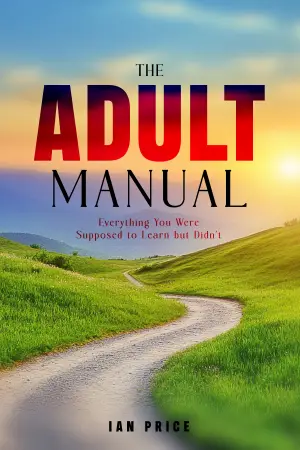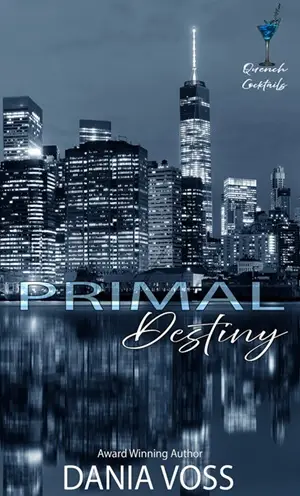Book Review: Space Oddity by Catherynne M. Valente
As a passionate reader of science fiction, I was thrilled to dive into Space Oddity, the sequel to Space Opera, which I had thoroughly enjoyed. The whimsical blend of humor, pop culture references, and imaginative storytelling drew me in, and I was eager to find out what mischief Decibel Jones and the Absolute Zeros would get into next. The premise of the Metagalactic Grand Prix — a fantastical mix of a gladiatorial contest, beauty pageant, concert, and a continuation of past galactic wars — promised an exciting adventure, so I couldn’t resist the opportunity to see how humanity would contend with new threats to its existence.

The book opens with Decibel and his crew embarking on a victory tour after their previous triumph. However, they soon stumble upon a previously unknown species in a hostile environment, irresistibly pulled into the bureaucracy of interstellar competition. Valente’s writing is replete with humor, and its absurdity often mirrors our very own world. As Joe Karpierz aptly points out, the meandering prose and occasional digressions can be seen as an attempt to mirror the chaotic essence of the contest itself. While some of Valente’s comedic moments had me laughing, others seemed less successful, which might resonate differently with various readers.
What struck me most positively was Valente’s delightful blend of humor and deeper themes involving identity and the complexities of existence. I found her exploration of Decibel’s character as a "washed-up rocker" trying to make sense of his newfound fame both poignant and hilarious. There’s a real heartfulness in the story wrapped in its humor. The creativity in the alien species was brilliant, echoing the diversity of life that exists beyond our world. Maddogish captures this joyous exploration well when they proclaim that the book is filled with "a fun spacey bow" of originality.
That being said, the drawbacks mentioned by some readers also resonated with my experience. Some sections felt overly verbose and at times tedious, which detracted from the overall pacing of the story. Jennifer’s frustration with Valente’s long-winded sentences mirrored my own moments of zoning out while wading through certain stretches of narrative that heavily relied on established humor tropes. Surprisingly, as the plot unfolded, the pacing improved substantially in the latter half, which I found gratifying.
The universe presented in Space Oddity showcases a vivid imagination; Valente’s writing often lustily flaunts exuberant language and surreal imagery. However, as Kara aptly noted, the initial sections carried a slow momentum that might deter readers looking for steady action. Despite this pace, I found the last part of the book strong and satisfying. It felt as if Valente found her rhythm towards the conclusion, leading to a thrilling and thought-provoking finale.
In conclusion, while Space Oddity may not be universally appealing, especially for readers who prefer a more straightforward narrative, it undeniably has its charms. I appreciated the unique characters, rich humor, and weighty themes that resonated throughout. If you enjoyed Space Opera, or you’re a fan of absurdist sci-fi similar to Douglas Adams, give this a chance — just be prepared for a wildly winding journey. For me, it certainly met my expectations, and I’d recommend it, albeit with a friendly heads-up about its pacing. Overall, I’d rate it a solid 4 out of 5 stars.







